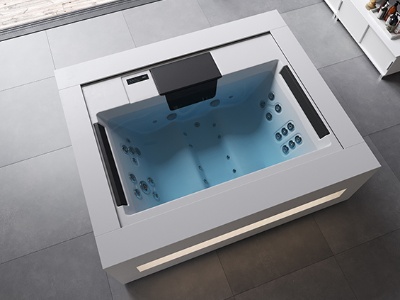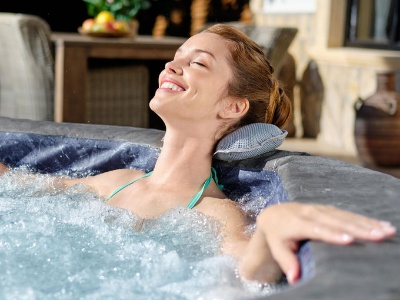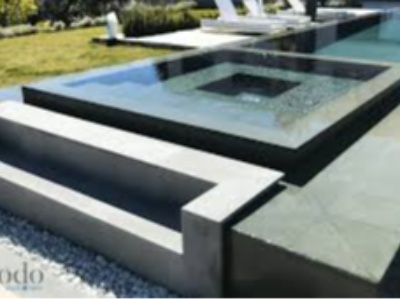
A pool barrier is an essential element to ensure the safety of the pool while preserving its aesthetics. In France, regulations require owners of private in-ground swimming pools to install at least one safety device that complies with the NF P90-306 standard in order to prevent the risk of drowning. Of the available solutions, the safety barrier is one of the most reliable and durable. But how do you choose the right model without compromising the aesthetics of your outdoor space?
Criteria for choosing a pool barrier
The choice of a pool barrier should not be left to chance. Several factors must be taken into account in order to choose a system that is effective, durable and in harmony with the design of the garden.Compliance with safety standards
Above all, it is imperative that the barrier complies with the requirements of standard NF P90-306. These regulations define several essential criteria:- A minimum height of 1.10 metres to prevent access by young children.
- Sufficient strength to prevent any unintentional tilting or opening.
- A secure locking system that cannot be easily opened by a child.
The material: a key factor between strength and aesthetics
The choice of material influences both the strength and the appearance of the barrier:Glass barrier: It offers a modern and elegant look, while allowing perfect visibility of the pool. Its main advantage is that it does not block the view and fits perfectly into a contemporary space. However, it requires regular maintenance to avoid water marks and dirt.
Aluminium barrier: Light and resistant, it is particularly popular for its low maintenance and durability. Available in several colours, it adapts easily to all styles of swimming pools.
Steel or wrought iron barrier: It has a classic and robust look, but requires regular anti-corrosion treatment to prevent rust.
Wooden barrier: It has an attractive natural and warm appearance, ideal for harmonious integration into a landscaped garden. However, annual maintenance with suitable products is necessary to preserve its appearance and strength.
PVC or mesh fence: These models are more affordable and relatively easy to install. However, they are often less durable than other materials.
Type of installation: fixed or removable
The choice between a fixed and a removable barrier depends on the specific needs of the owner:Fixed barrier: Ideal for permanent security. Fixed to the ground, it offers optimal protection and does not need to be installed or dismantled each time it is used. It is the preferred solution for families with young children.
Removable barrier: It is suitable for owners who want temporary protection. Easy to dismantle, it frees up the space around the pool when the safety of children is no longer an immediate concern.




